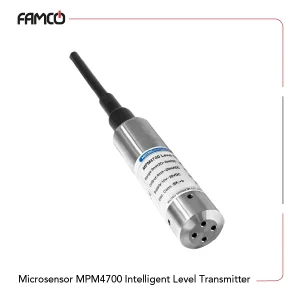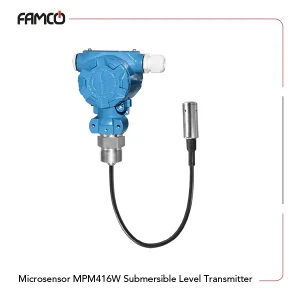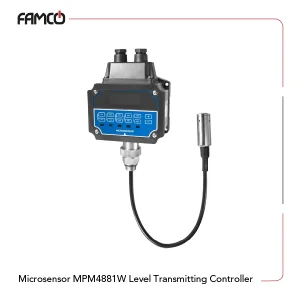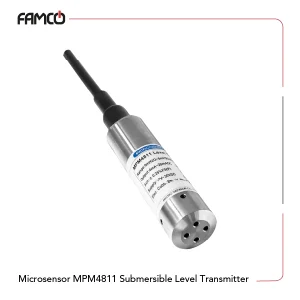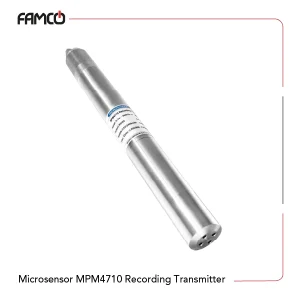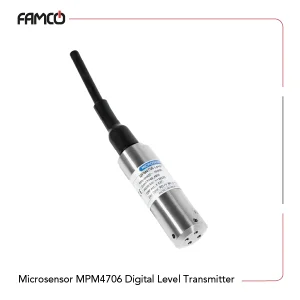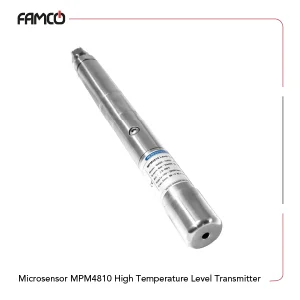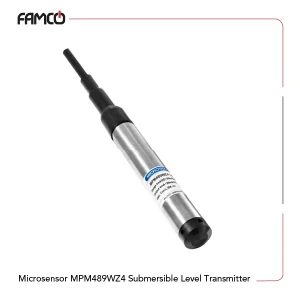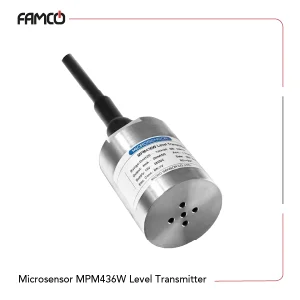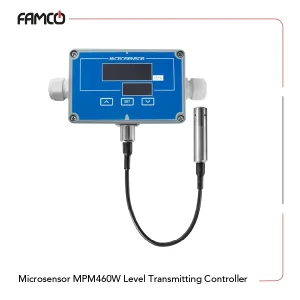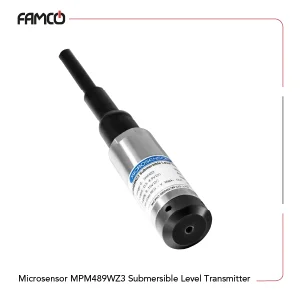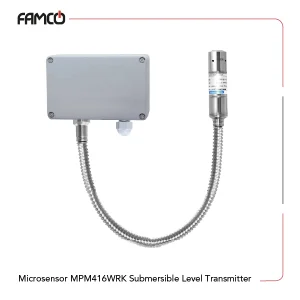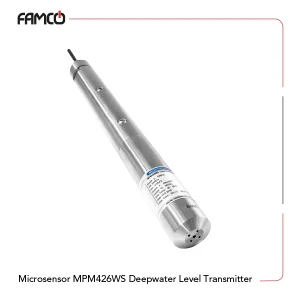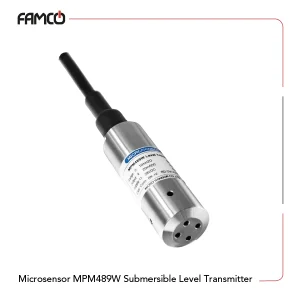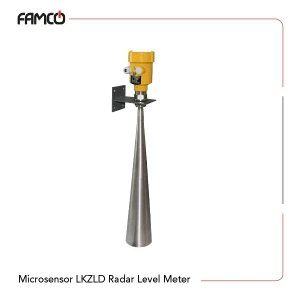What is Level Measurement?
Level measurement refers to the technique used to determine the height of a liquid or solid material within a container or space. It is essential in many industrial processes to ensure safe and efficient operation, prevent overflow, maintain material inventory, and optimize production processes. Accurate level measurement is critical in applications such as storage tanks, silos, water treatment plants, and manufacturing facilities.
Level measurement can be done using various technologies and instruments, each designed to work under specific conditions, such as pressure, temperature, and the nature of the material being measured. The choice of technology often depends on the accuracy required, the environmental conditions, and the physical properties of the material.
Level Measurement Types
There are several methods for measuring level, each with its advantages and disadvantages. Here are the primary types of level measurement technologies:
1. Mechanical Level Measurement
Float Switches: These devices use a floating object to detect the level of liquids. As the liquid level rises or falls, the float moves and triggers a switch to open or close a circuit.
Bubbler Systems: A tube is submerged in the liquid, and air is forced through it. The pressure needed to maintain a constant flow of air correlates with the liquid level.
2. Capacitive Level Measurement
Capacitive Sensors: These sensors measure the change in capacitance caused by the dielectric constant of the material within the sensing area. They can be used for both liquids and solids.
3. Ultrasonic Level Measurement
Ultrasonic Sensors: These devices emit ultrasonic pulses that reflect off the surface of the liquid or solid material. The time it takes for the echo to return is used to calculate the level.
4. Radar Level Measurement
FMCW (Frequency Modulated Continuous Wave) Radar: These sensors use electromagnetic waves to measure the distance to the material’s surface, providing high accuracy and reliability in various conditions.
Pulse Radar: Similar to FMCW, but sends short pulses and measures the time it takes for the pulse to return.
5. Laser Level Measurement
Laser Sensors: These devices use laser beams to measure the distance to a surface. They are highly accurate and suitable for various applications, including solids and liquids.
6. Hydrostatic Level Measurement
Pressure Transmitters: These instruments measure the pressure exerted by a column of liquid. The pressure is directly related to the height of the liquid, allowing for accurate level measurement.
7. Magnetostrictive Level Measurement
Magnetostrictive Sensors: These sensors use a magnetic float that moves along a rod. The position of the float is determined by measuring the time it takes for a magnetic pulse to travel down the rod and back.
Level Measurement Advantages
Level measurement offers several key advantages across various industries:
1. Accuracy and Reliability: Modern level measurement technologies provide high levels of accuracy, ensuring that the measured values are consistent and reliable.
2. Process Optimization: Accurate level measurement helps optimize processes by preventing overfilling or underfilling, leading to reduced waste and improved operational efficiency.
3. Safety: Proper level measurement can help prevent dangerous situations, such as tank overflow or dry-running of pumps, thus enhancing safety in industrial processes.
4. Inventory Management: Level measurement allows for accurate tracking of material levels, facilitating effective inventory management and ensuring that materials are available when needed.
5. Versatility: Various level measurement technologies can be used for different types of materials, including liquids, solids, and slurries, making them adaptable to numerous applications.
6. Low Maintenance: Many modern level measurement instruments are designed for low maintenance and long service life, reducing downtime and operational costs. Level
Measurement Fields of Use
Level measurement is essential in numerous industries and applications, including:
1. Oil and Gas: Used to monitor storage tanks, separators, and processing vessels to ensure safe and efficient operations.
2. Water and Wastewater Treatment: Essential for managing the levels of water in treatment facilities, reservoirs, and clarifiers to optimize treatment processes.
3. Chemical Processing: Used to monitor raw material levels and finished products in tanks and reactors, ensuring process control and safety.
4. Food and Beverage: Critical in managing the levels of ingredients, water, and finished products in production processes to maintain quality and hygiene standards.
5. Pharmaceuticals: Used in the precise measurement of liquid medications and chemicals, ensuring compliance with industry regulations and safety standards.
6. Mining and Minerals: Employed in monitoring levels of slurries and materials in processing plants and storage facilities.
7. Pulp and Paper: Used in managing levels of pulp and chemicals in production processes to ensure efficient operations.
8. Construction: Useful for managing water levels in trenches, excavations, and other construction sites to ensure safety and compliance with regulations.
Level Measurement Brands
Several reputable manufacturers offer high-quality level measurement solutions. Some of the leading brands include:
1. Emerson (Micro Motion): Emerson provides a range of level measurement instruments, including ultrasonic, radar, and magnetostrictive sensors, known for their accuracy and reliability.
2. Endress+Hauser: Offers a wide variety of level measurement devices, including capacitance, hydrostatic, and radar level sensors suitable for various applications.
3. Siemens: Siemens provides level measurement solutions that include radar, ultrasonic, and pressure-based instruments for industries such as oil and gas, water, and chemicals.
4. KROHNE: KROHNE specializes in flow and level measurement technologies, offering a range of devices suitable for diverse applications.
5. VEGA: Known for its level measurement technology, VEGA offers ultrasonic, radar, and capacitive sensors with innovative features for various industries.
6. Honeywell: Honeywell provides a variety of level measurement instruments, including ultrasonic and radar technologies, widely used in industrial applications.
7. Yokogawa: Yokogawa offers reliable level measurement solutions, including magnetic floats and pressure transmitters, for various applications.
Level Measurement Price
The price of level measurement devices can vary widely based on factors such as technology, brand, application, and specific features.
By investing in quality level measurement instruments, industries can optimize operations, reduce waste, and maintain compliance with safety regulations.

